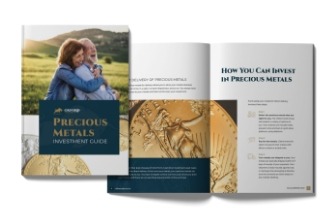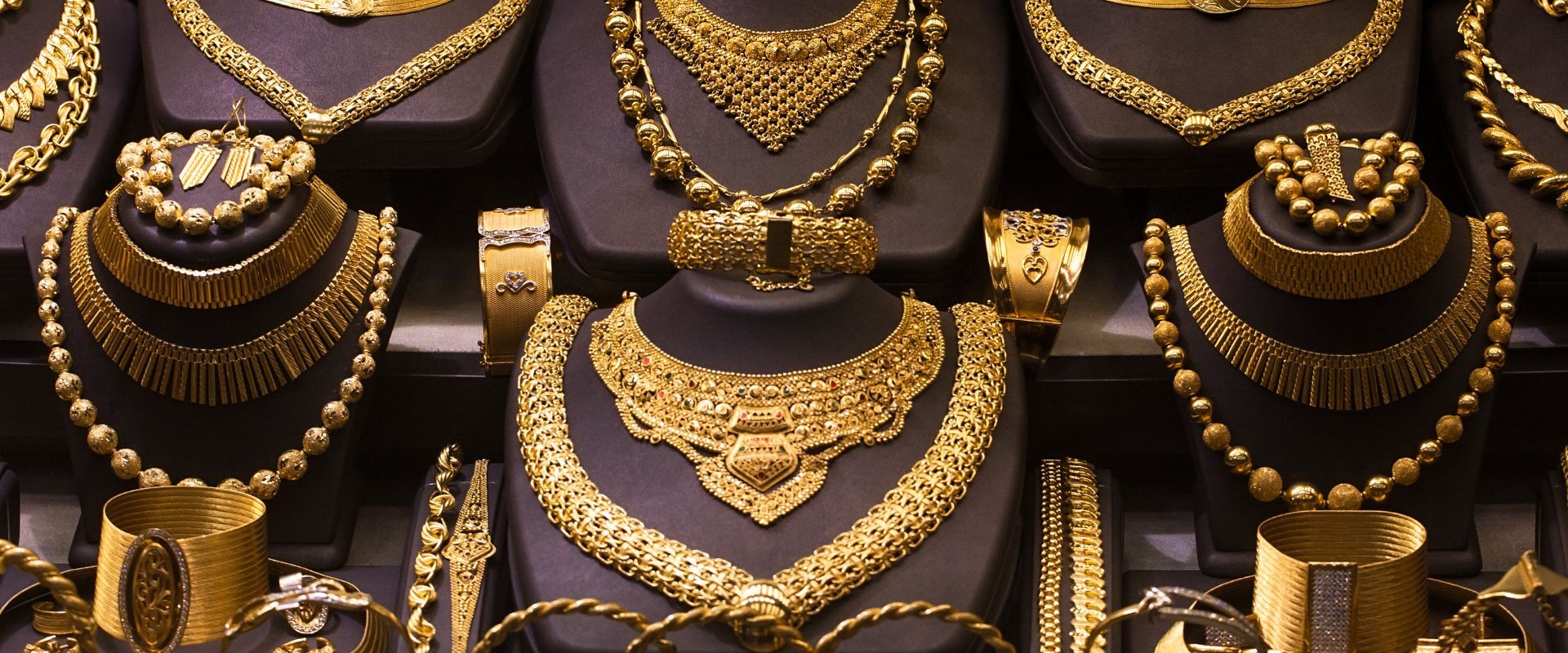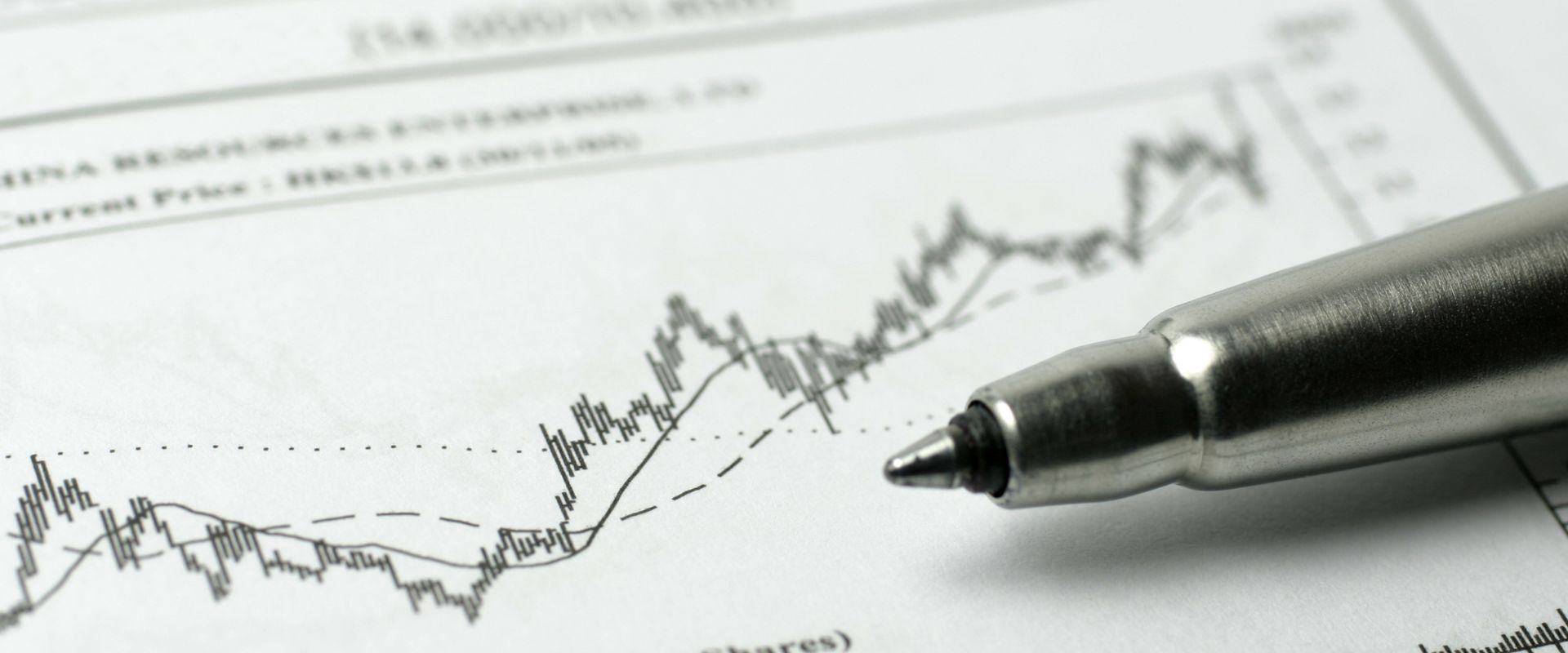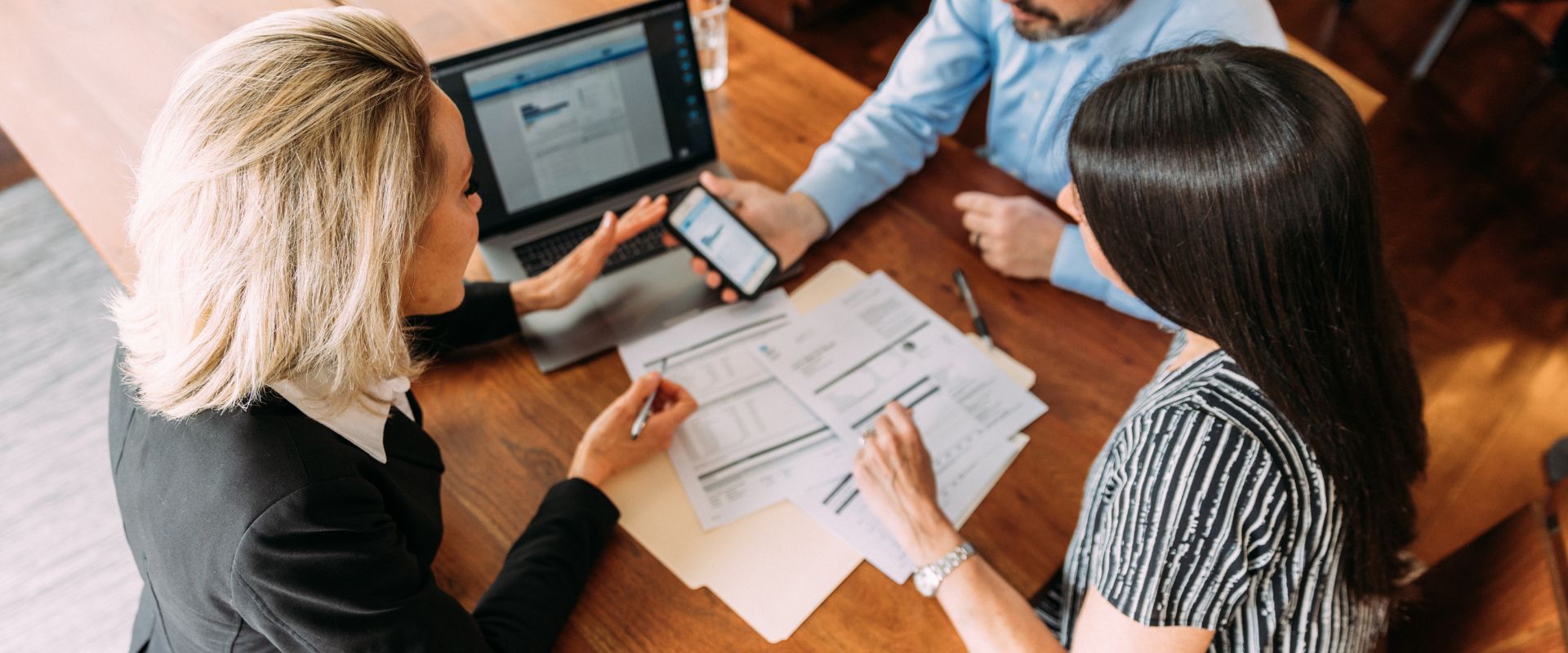Does your silver coin collection lack its original mint luster? Unfortunately, even the most ornate silver half-dollars are prone to tarnishing and natural toning. Tarnished silver coins lack the stunning silver shine and details that make coin collecting such an appealing hobby.
Fortunately, you can revive your tarnished silver with the right cleaning practices. This article from our silver pros at The Oxford Gold Group reviews everything you need to know about how to clean silver coins.
Do You Need To Clean Your Silver Coins?
Determining whether or not to clean your rare silver coins depends on your preference and the silver coin type. Tarnish will not lower the value of silver coins, nor will cleaning silver coins (even when old and lackluster) increase their value.
However, cleaning silver coins that are tarnished can renew their shine and improve the details’ display. So, if you want to give your silver coins a new life solely for aesthetic purposes, it is worth cleaning them. However, you may be wondering how to clean silver coins. Read on for our tips!
The Best Ways To Clean Silver Coins
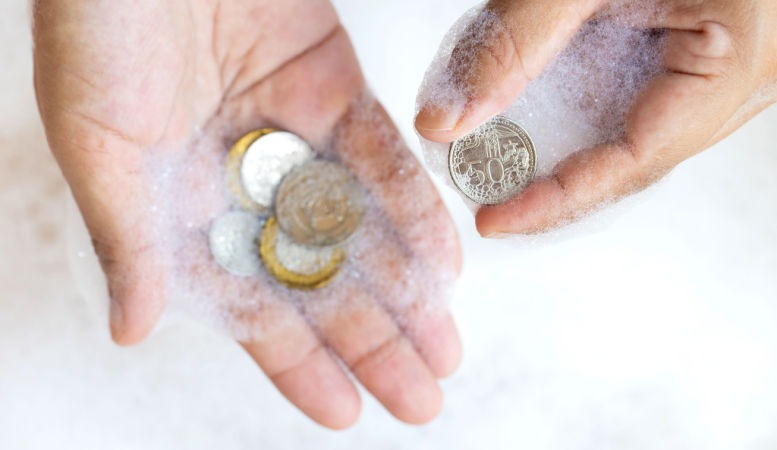
Learning how to clean silver coins to remove the dirt and tarnish (which is a buildup of silver sulfide or sulphide) is relatively easy. The first step is deciding on a cleaning method. Fortunately, you have several options.
Easy Cleaning with Distilled Water and Soap To Remove Dirt
One way to effectively clean silver coins is by using hot water and soap. First, find a container and fill it with hot water. Next, add a few drops of dish soap.
Be sure to use dish soap and not detergent, and be sure to fill the container with distilled water because tap water typically has small amounts of chlorine which can discolor pure silver.
Once the container has sufficient soapy water, submerge the sterling silver coins and let them soak for the next few hours. If the coins are still dirty when you take them out, repeat the process by filling the container with fresh water and soap. For especially dirty coins, use a soft-bristled toothbrush to gently scrub the coins.
Freezing Your Coins for Dirt Removal
One of the lesser-known methods for cleaning coins is freezing them.
To use this method, place your coins in a plastic container filled with distilled water. After letting them soak, place them in a dry plastic container and put them in a freezer.
During the freezing process, the cold water expands and pulls dirt off the coin’s surface. After sufficiently freezing your coins, remove them from the freezer and use a soft cloth to clean away the dirt.
Use Toothpaste on Old Silver Coins To Remove Grime
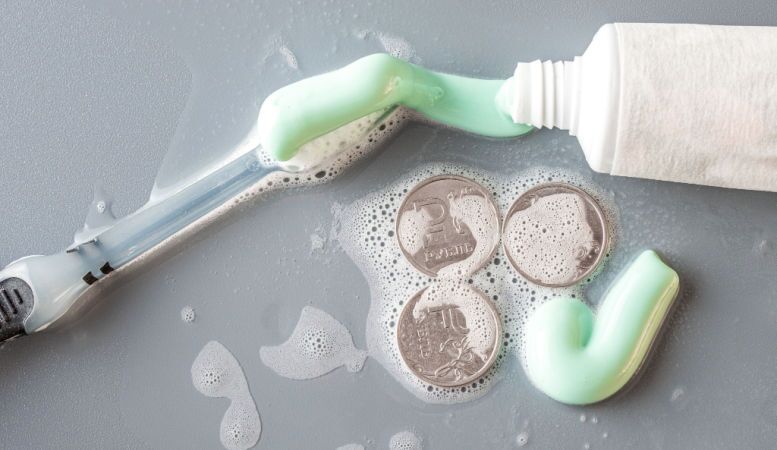
Toothpaste can do more than clean your teeth. For coins, it acts like a silver polish to revive dull silver.
For this method, all you need is a paper towel and a tube of toothpaste. For best results, use tartar control toothpaste, which has more cleaning power thanks to a higher concentration of hydrated silica.
Squeeze a small amount of toothpaste onto the coin’s surface and use your fingertips to gently rub it in. Then, use a paper towel to buff the surface. Finally, rinse it with clean water and let the coin dry.
Combine Lemon Juice and Olive Oil To Remove Tarnish, Dirt, and Grime
Lemon juice and olive oil can effectively clean silver content by removing tarnish and revealing a shiny surface.
First, combine equal parts distilled water and lemon juice in a container. Then, place your silver coins in the container and let them soak for an hour. After they soak, remove the coins and dump the lemon solution.
Next, pour 1.5 cups of olive oil and a teaspoon of lemon juice into the container. Make sure you have a second, larger container with hot water (near boiling). Place the coins in the lemon juice and olive oil container, then put that container into the larger one filled with water.
Finally, remove the coins and clean them with mild soap and water. Next, let them air dry.
Use Mineral Oil and Pure Acetone
If you can spend a little more time cleaning your coins, consider using mineral oil and acetone to remove stubborn grime.
First, pour mineral oil into a container, and place the coins into the oil. For best results, prop the coins up so that the oil cleans both sides.
Unlike other methods on this list, using mineral oil requires a few weeks. Leave your coins in the oil and check every two weeks by rinsing them under warm water. Repeat this process until the coins are clean.
Once the mineral oil removes the dirt, use a cotton ball to gently pat acetone onto the coin and remove the oil. Finally, clean it with warm soapy water and let it air dry or pat dry.
Tools You Need for Cleaning Silver Coins
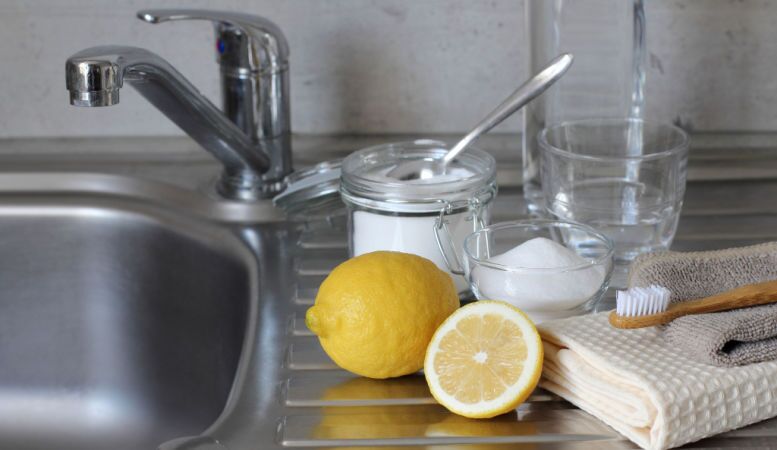
Learning how to clean silver coins is straightforward as long as you have the right tools.
Although the methods above use different cleaning agents, you will generally need the following tools:
- Heat-safe container (non-metallic)
- Distilled water
- Cleaning solution (baking soda, lemon juice, olive oil, etc.)
- Paper towel or a soft cloth
- Latex gloves
If using the baking soda method, have at least one strip of aluminum foil. We will discuss this method later.
Things You Need To Know Before Cleaning Your Silver Coins
Before cleaning your valuable coins, keep a few things in mind.
For example, silver coins are safe to clean, but you should avoid cleaning numismatic coins. Numismatic coins are highly rare and collectable, such as ancient coins. The above cleaning methods can destroy a numismatic coin’s surface and value.
If your coin’s value extends beyond the silver content (such as circulating coins), you should avoid cleaning it. Doing so risks removing the patina, which is valuable for collectors.
The patina is the layer of built-up tarnish or verdigris. Unlike silver coins, coins found underwater or underground undergo significant oxidation, wearing down the surface and eliminating details.
If you are unsure whether your coins are safe to clean, take them to a coin dealer for an inspection.
How To Remove Tarnish From Your Silver Coins
Coins can become dirty over time as well as tarnish. Using lemon juice, toothpaste, or soap and warm water can help remove years of built-up dirt and grime. However, tarnishing is another issue.
Silver does not rust since it has no reactions to oxygen. However, it tarnishes because it reacts with the air’s sulfur. This reaction creates silver sulfide, the dark buildup of tarnish you see on the surface of the coin.
Tarnish is challenging to avoid, although proper storage can slow the process. Fortunately, you can remove tarnish from silver coins using baking soda, aluminum foil, and boiling water. Follow these steps to clean tarnished silver coins with baking soda:
- Grab a container and place strips of aluminum foil on the bottom. The aluminum foil does not need to cover the entire bottom, just enough to hold the coins.
- Place the coins on the foil.
- Add baking soda directly onto the coins and foil. If you do not have baking soda in your pantry, you can use table salt as a substitute.
- Pour boiling water into the container. You can also use cold water, but hot water is more effective.
- The hot water, aluminum foil, and silver will cause a chemical reaction, resulting in fizzing water. Avoid looking directly into the container as the reaction releases hydrogen sulfide, which is dangerous to breathe.
- Once the fizzing and bubbles subside, you can see that the aluminum foil is a different color. This is because the sulfides from the coins transferred to the foil. Meanwhile, the silver sulfide on the coins remains as it turns back into silver.
- After examining the newly brightened coins, remove them and pour the baking soda solution down the sink. As a bonus, the baking soda will clean your pipes on the way down, removing potential blockages.
If the coins are still dirty or black, use a soft toothbrush to gently rub the remaining tarnish layer off while holding the coins under running tap water. Then, let the coins dry.
Alternative Ways of Cleaning Silver Coins
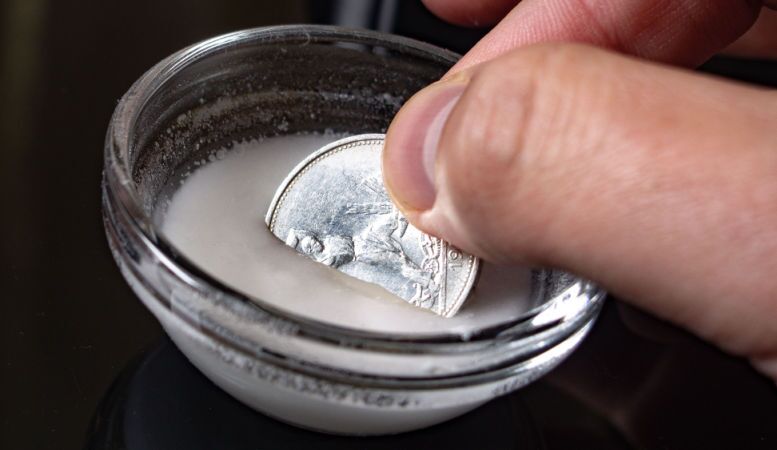
Baking soda is not your only option when learning how to clean silver coins and remove tarnish.
One of the most effective ways to clean coins is using silver polish. Although it costs more than baking soda or other kitchen ingredients, it is highly effective.
Using silver polish is worthwhile if you have a large coin or silver collection. However, avoid using silver polish on rare coins, as acids and abrasives can damage a coin’s collectible value.
First, place a coin-size amount of polish onto a microfiber cloth and fold it to ensure that the polish is on both sides. Then, place the coin on the cloth and fold it so that both sides of the coin touch the silver polish. After gently rubbing the polish into the coin, use a clean portion of the cloth to pat dry the coin.
How To Store Silver Coins To Maintain Their Value
Silver is a highly durable material that can stand the test of time. However, silver reacts with sulfur in the air, causing it to tarnish and lose its aesthetic value. Storing your valuable coins properly is key to protecting their value and keeping them in pristine condition.
Fortunately, you have a few ways of doing this:
- Using a safety deposit box. Some prefer entrusting their valuables to professionals. Safety deposit boxes are one of the safest ways to store your precious metals and maintain their value.
- Using a high-end safe. If you want your silver or gold coins at home, consider investing in a high-quality safe.
- Finding plastic sleeves. Placing silver in a plastic sleeve or tube keeps the air out, preventing it from tarnishing.
Using Third-Party Services To Clean Silver Coins
Consider using third-party cleaning services if you want professional cleaning for your silver coin collection. Several companies that focus on coin preservation and conservation offer professional silver cleaning and restoration services.
Professional silver cleaners use non-abrasive and gentle cleaning methods with no harsh chemicals to ensure they remove tarnish and hard deposits without damaging the coin’s value. However, it is important to remember that professional cleaning cannot remove scratch marks or other forms of damage.
Get Your Next Silver Coin From The Oxford Gold Group
Buying precious metals like sterling silver and gold is an excellent way to diversify your investment portfolio while appreciating the metal’s natural beauty. Whether you want to find a silver dollar to add to your collection or want to start exploring gold options, our team at The Oxford Gold Group is happy to help.
Contact us at 833-600-GOLD to learn more.
